
Alun Thomas, Nuaire Engineering Director, discusses how reducing embodied carbon in ventilation systems can provide a critical step toward Net Zero.

Paul Williams, Product Manager at Domus Ventilation, highlights six benefits of residential MVHR systems.

Turning IAQ advocacy into action
As part of Carrier’s Commercial HVAC team, Matt Maleki, Business Development Manager and Indoor Air Quality Specialist, champions Carrier’s ongoing commitment to healthier indoor environments. Here, he discusses why the BESA global IAQ pledge marks a pivotal moment for the industry and how defining a practical ‘Step One’ could turn awareness and intent into meaningful action.

Stuart Smith, Commercial Director at Zehnder Group UK, explains how you can create the perfect indoor conditions with heat and moisture recovery.

Meeting ventilation requirements – now and in the future
Ruth MacEachern, Product Manager at EnviroVent, looks at how the updated Building Regulations are driving the adoption of a system based approach to ventilation.

With the Net Zero 2050 target edging closer and driving energy efficient solutions, as well as an increased focus on health and legislation, building services consultants have a raft of boxes to tick. Matt Cooper, Business Development Director at Breathing Buildings, discusses the latest trends and how hybrid ventilation technology alongside expert technical support offers an ideal low carbon solution.

Achieving compliance with ventilation requirements
Ruth MacEachern, Product Manager at EnviroVent, looks at how to meet the latest ventilation requirements in dwellings as part of improving indoor air quality in buildings.
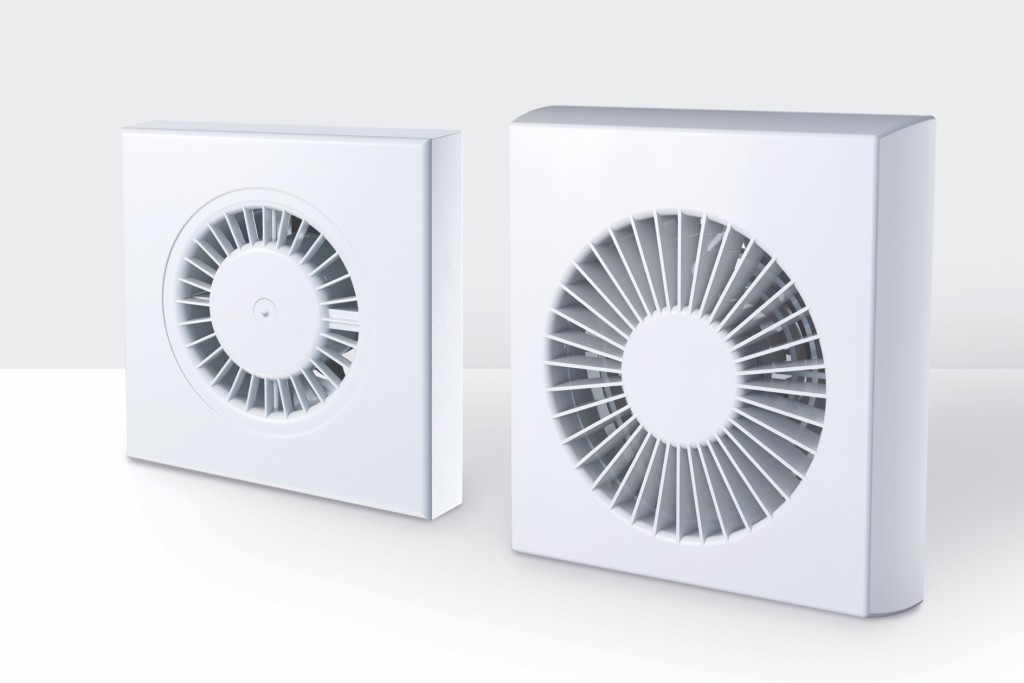
Extract fans: the unsung heroes
Paul Williams, Domus Ventilation Product Manager, looks at how to select and install a domestic extract fan to ensure high performance and longevity.

Alan Siggins, Managing Director of Airflow, explains the current legislation surrounding the UK’s indoor air quality standards.

Nicola Rivers, Indoor Climate Specialist at Zehnder Group UK, discusses the importance of understanding the impact of condensation in commercial buildings.

Paul Downing, Principal Consultant at Compliance (Air and Water) and member of the of the inaugural 1998 HVCA (Now BESA) Ventilation Hygiene Branch, outlines the amendments to section 11 in the April 2024 first edition of TR19 AIR, rebranded and titled ‘Specification for Internal Cleanliness and Hygiene Management of Ventilation Systems’.

Alex McDonald, Indoor Climate Specialist at Zehnder Group UK, looks at some effective ventilation and indoor climate solutions for optimal learning environments and student success.

David Millward, Group Product Manager at Elta Group, explains why good indoor air quality is now a must, and not just a ‘nice-to-have’.

Gaining a ventilation advantage
The Covid pandemic highlighted the importance of good indoor air quality (IAQ) and ventilation and has given rise to CO2 monitors being used to assess the air within schools. However, guidance already exists for ventilation in schools with BB101. Louise McHugh, Product Manager at Breathing Buildings, explains how the document sets out requirements for educational premises and how by employing the latest hybrid ventilation, consultants can help schools maximise health, comfort and sustainability without significant building works.

Passivent has supplied eleven Airscoop roof mounted terminals for use on a new £3.6 million performance archery facility at Lilleshall National Sports Centre in Shropshire.

Matthew Maleki, CIAT’s indoor air quality champion, explores the significance of the new IEQ standard and what it means for business owners and managers.
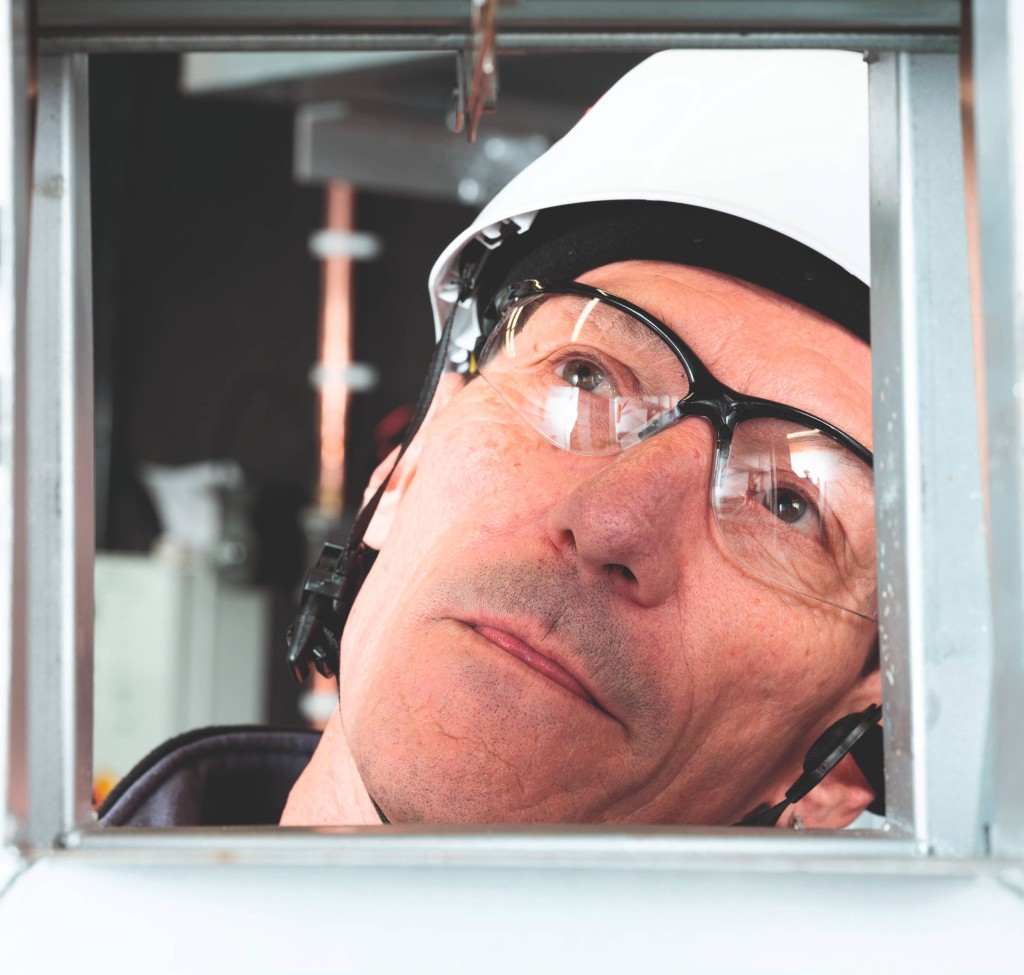
Clearing the air on ventilation hygiene
Gary Nicholls, Managing Director of duct cleaning expert Swiftclean, and co-author of TR19®, looks at the long-anticipated TR19® Air specification and what this may mean for ventilation hygiene standards.

Achieving best standards for healthcare
Andrew Robinson, Managing Director of HVAC supplier Exi-tite, explains the role of technical memorandum HTM-03-01 for ventilation in healthcare.

The challenge of over-exposure
Tim Tanner, Product Technical Manager – Ventilation Technology at TROX UK, discusses how air management challenges with exposed ceilings can be overcome.

David Millward, Group Product Manager at Elta Group, discusses how schools must re-assess energy saving priorities and introduce quality-designed mechanical ventilation systems into these crucial buildings.

Building operators need to balance the need for good ventilation and comfort for users, whilst minimising carbon output and energy costs, and measurement is the key to that balance. Andrew Hamshere of Sensing Precision explains how and why.

Delivering good Indoor Air Quality doesn’t have to cost the Earth
The Covid-19 pandemic drew everyone’s attention to the importance of good indoor air quality (IAQ), but there is a danger that these advances in knowledge and action will be lost in the face of the energy and climate crisis. Adam Taylor of ARM Environments says we can have both.

BESA welcomes first British Standard for indoor air quality
The Building Engineering Services Association (BESA) has praised the creation of the first British Standard for health and well-being in buildings.
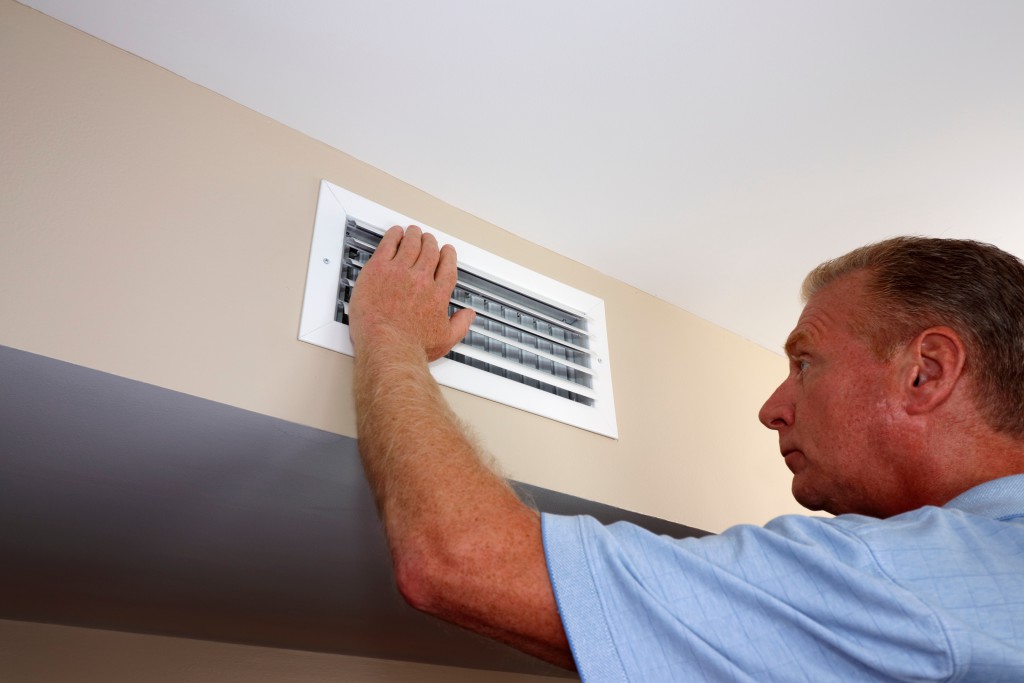
The invisible threat of indoor air pollution
According to the World Health Organisation Air Pollution - both indoor and out - is responsible for about one in every nine deaths annually and this will only get worse unless we take action to mitigate the risks. What is to be done? Sutart Smith of Zehnder has suggestions.

Heating, ventilation, and air conditioning (HVAC) systems are crucial in maintaining indoor air quality in commercial buildings. Until recently, however, little thought has been given to monitoring the presence of airborne microbes that can profoundly impact our wellbeing.

Dust: Why it’s an issue and what can be done about it
Keeping commercial and industrial environments running safely and efficiently means navigating a range of issues and dealing with threats on all scales to ‘business as usual’. Even those threats that are smaller in stature can have just as great an impact on productivity and staff wellbeing – and it doesn’t get much smaller than dust.
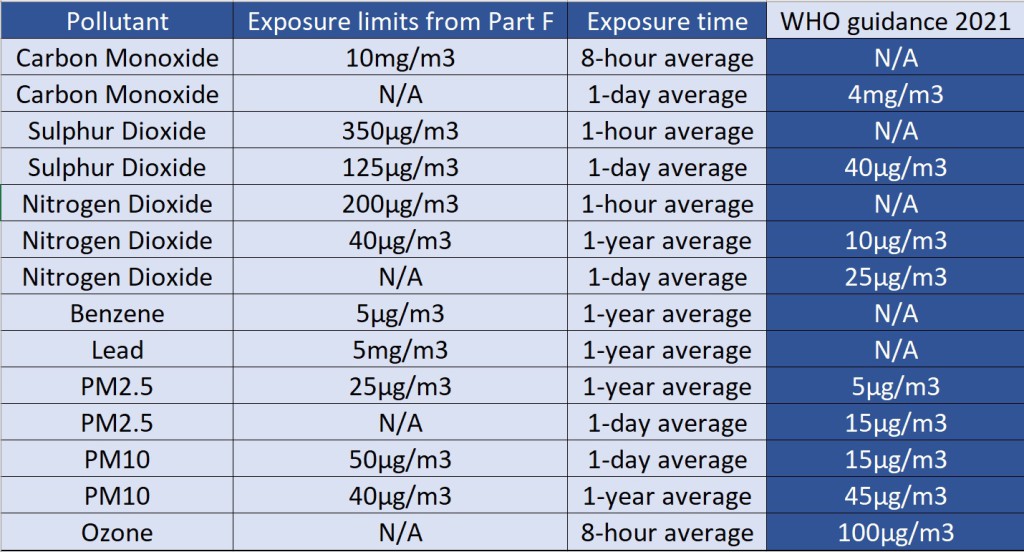
Part L vs Part F - Battle of the regulations
Complying with both Part L and Part F is going to give designers some real headaches. James Price of Spire Building Services Ltd tries to apply some painkillers.

Social housing crisis keeps ventilation in the spotlight
An unprecedented combination of public outrage and government intervention is ramping up the pressure on landlords to tackle the health problems caused by poor ventilation in their buildings, according to Graeme Fox, Technical Director at the Building Engineering Services Association (BESA).

Despite clean air being critical to health, wellbeing and productivity, and having come out the other side of a pandemic, indoor air quality (IAQ) often remains an overlooked matter. We have food hygiene ratings - why not air? David Millward of Elta Fans has a suggestion to make.
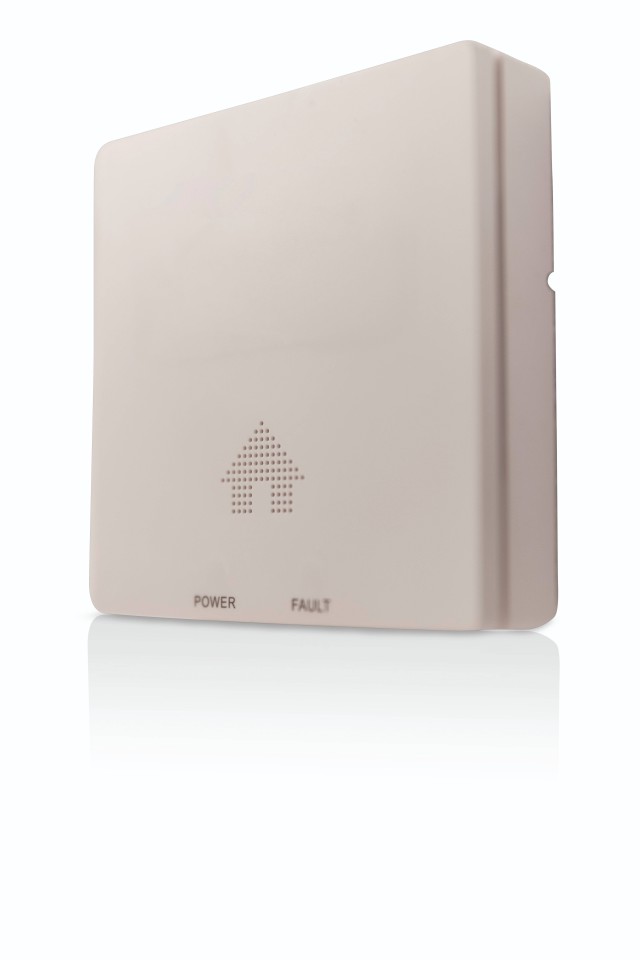
Bosch Commercial & Industrial have announced that anyone installing their boiler systems using cascade flues, where there is more than one appliance, will be required to include a carbon monoxide (CO) detector.
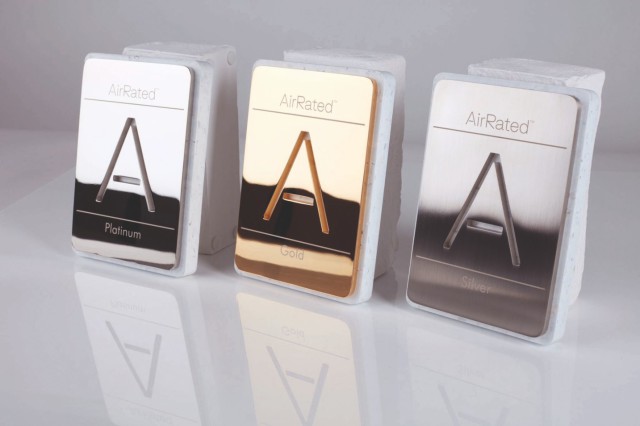
Communicating IAQ science to the layperson
Adam Taylor, CEO of ARM Environments, explains it is important that the industry works hard to keep indoor air quality front of mind. Good communication and providing valuable insights will be key to keeping end users engaged in this important issue.
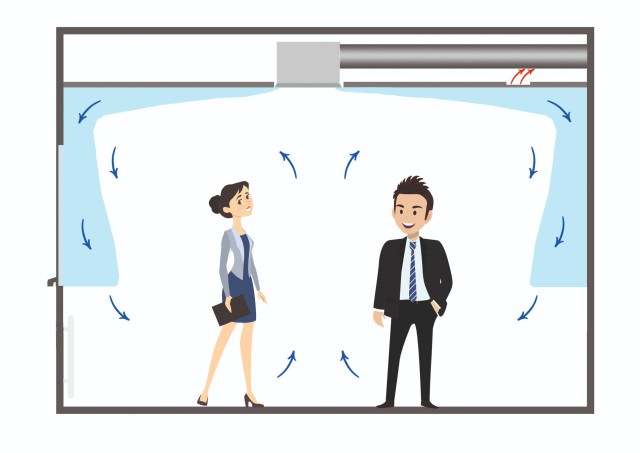
Tim Tanner, Product Technical Manager – Air Diffusers & Attenuators, at TROX UK, reviews the air quality advantages of underfloor ventilation employing floor grilles/diffusers and provides tips on system design.
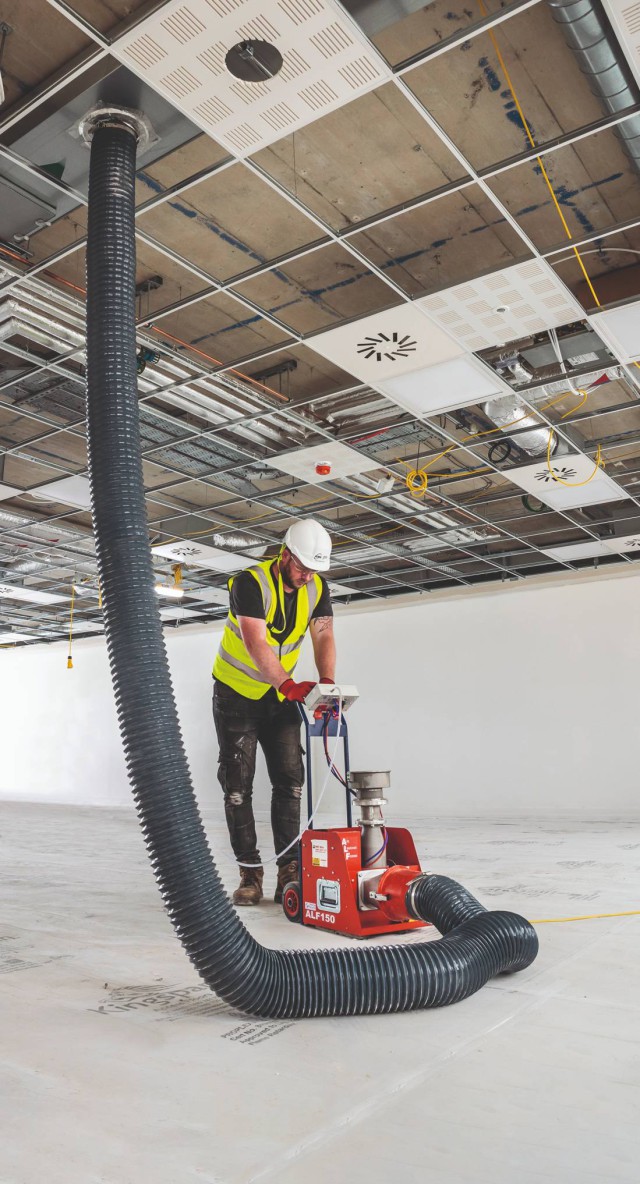
The pandemic has set new requirements on building services to ensure the safety of building users not only from the current pandemic but future COVID variants and new viruses, says Andrew Hamshere of Sensing Precision. These new requirements not only include higher levels of airflow and ventilation to reduce infection rates, but also the ability to demonstrate these so staff and visitors can feel secure that they are protected as best they can be.

Are your meeting rooms stifling decision-making? Why and how we need to improve indoor air quality
Upgrading buildings’ ventilation, filtration, and other factors would not only decrease COVID transmission but also improve health and cognitive performance in general says Simon Jones of Ambisense.

Stop talking about indoor air quality
It is more than five years since the Grenfell Tower disaster; we have had a pandemic driven by an airborne virus and we are now facing a cost-of-living crisis. Nathan Wood asks: what more needs to happen to get people to stop talking about making buildings healthier, safer, and more efficient and take practical action?

Science & Technology essential for better Indoor Air Quality
Richard Bishop, UK and Ireland Head of Marketing at Panasonic, explains the need for raising awareness around Indoor Air Quality (IAQ) and Air Conditioning Solutions and why science and technology must collaborate to deliver healthier air.

Titon’s powerful but compact HRV1.6 Q Plus MVHR unit has recently been installed in Moda Living’s Lexington Tower.
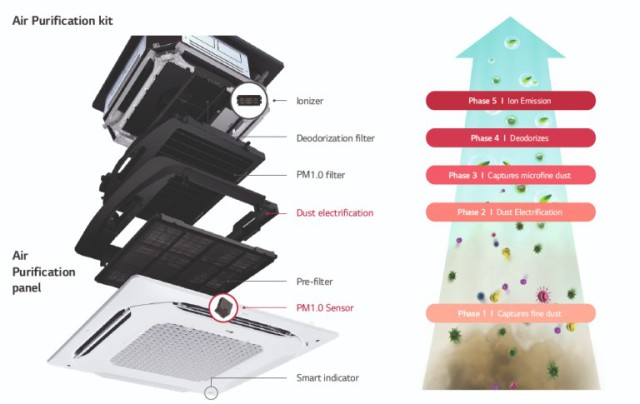
Improving air quality in our indoor spaces has never been more important. Andrew Robinson of Exi-tite explains why.

It is well established that efficient and effective filtration is one of the foundational pillars of any well-designed building heating, ventilating, and air conditioning (HVAC) system. David Schurk of Global Plasma Solutions and ASHRAE looks at maintaining both efficiency and effectiveness.

Outdoor air pollution in both cities and rural areas was estimated to have caused 4.2 million premature deaths worldwide per year based on 2016 data; with this mortality rate being attributed to exposure to fine particulate matter of 2.5 microns or less in diameter (PM2.5), which causes cardiovascular and respiratory disease and cancers. As designers and operators of building HVAC systems, we have a duty of care to make sure indoor spaces are safeguarded against the dangers posed by what is often referred to as “fresh air”, says Adam Taylor of ARM Environments.

Ensuring the highest quality indoor air means designing and specifying the right ventilation system. In order to do this, however, it is important to acknowledge that each element in a HVAC system has a significant impact on its operational efficiency and quality, says James Gafford of ECEX.

To date, less attention has been given to the quality of indoor air in comparison to outdoor air and pollution. According to SAGE member Professor Cath Noakes, an estimated 15% of all Covid-19 deaths can be attributed to poor air quality, meaning attention is rightly turning to indoor air as well – and ventilation is now one of the biggest challenges facing building and facilities managers today. Hern Yau of Mitsubishi Electric discusses why attention is rightly turning to indoor air quality.

Elta Fans backs clean air day and urges businesses to adopt better air quality monitoring
On Clean Air Day 2022, Elta Fans is calling on businesses to adopt best practices when it comes to indoor air quality (IAQ) management, starting with better monitoring processes.
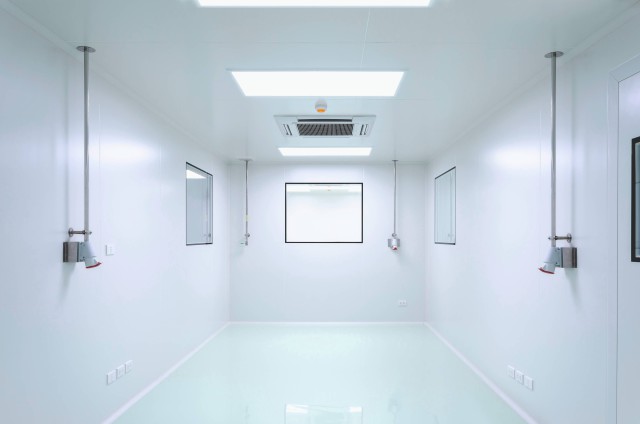
Ventilation in Healthcare - Replace or Refurbish
Jim Norris, National Head of Sales at VES, says following the difficult years the NHS has faced in the UK everybody has been made acutely aware of the need for adequate ventilation, good indoor air quality, and a safe environment to care for those who have been hospitalised.

Kingspan KoolDuct provides long-term air care
Over 15 years after it was first installed, The Kingspan KoolDuct System continues to support excellent HVAC system performance as part of the Sterile Services Unit (SSU) for the Hull University Teaching Hospitals NHS Trust.
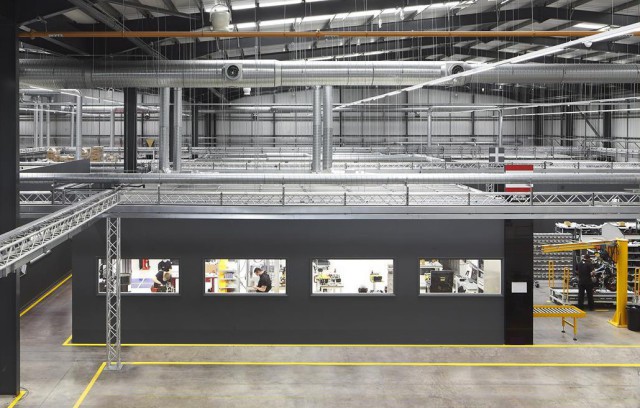
An iconic British motorcycle marque has moved into its new production facility at Solar Park in Solihull, with air distribution products supplied by Waterloo Air Products.

Testo 400 multifunction measuring instrument for thermal comfort, air flow and IAQ measurement
Testo have launched a new multifunction IAQ measuring instrument to the UK market. The testo 400 offers innovative functions which make the user’s job easier in every way, and allow reliable, norm-compliant measurement and documentation; designed for engineers to cover a wide range of potential applications including airflow measurement within ducts and outlets, plus measurement of many IAQ parameters such as ambient CO2, temperature, and humidity.

CIAT's high-performance ClimaCIAT™ air handling units (AHUs) are fully compliant with the updated National Health Service (NHS) code of practice on ventilation in hospitals.
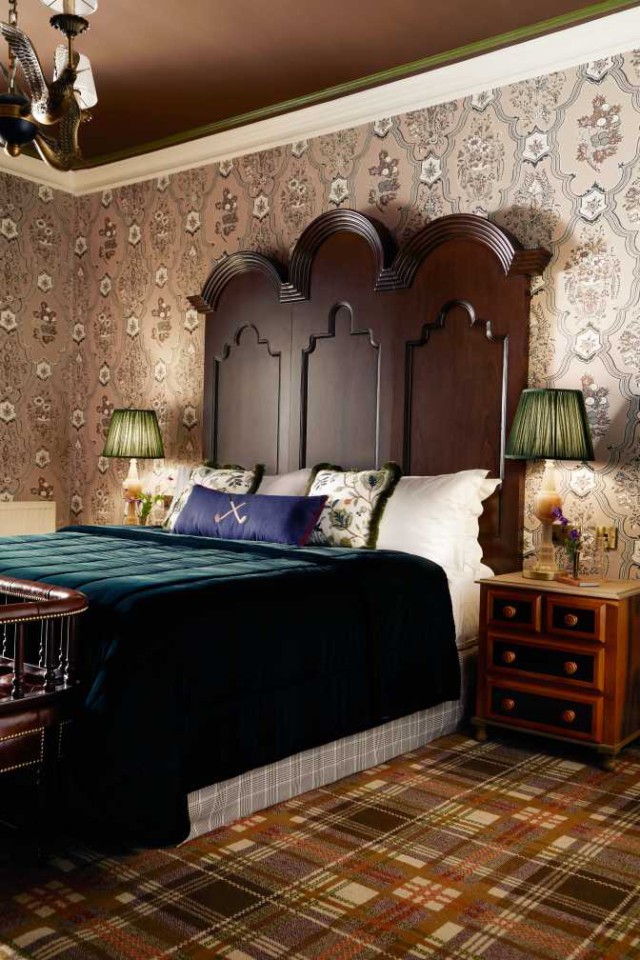
Waterloo supplies high quality air distribution products for the historic Rusacks St Andrews hotel
The historic Rusack's St Andrews Hotel’s guestrooms have been fitted with Waterloo’s Airline Linear Bar Grilles (ALM), wall-mounted Exhaust Grilles (3HF) for return air to the fan coil units and Exhaust Valves (VB) for the en-suites.
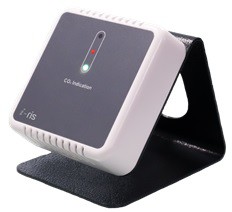
The new, state-of-the-art, desktop CO2 monitor
Clarkson Controls are pleased to launch their new i-ris USB-powered desktop CO2 sensor

Fujitsu General Air Conditioning becomes GENERAL HVAC Solutions UK
Fujitsu General Air Conditioning (UK) has become GENERAL HVAC Solutions UK from 1st January 2026, strengthening its long-term position within the global Paloma Rheem Holdings (PRH) group.
Market performance indicates encouraging signs for future of BEMS sector
Highlighting an increased desire from property developers, architects and designers to decarbonise the UK’s building stock through the specification and implementation of building controls and automation, the building energy management systems (BEMS) market showed steady progress in Q3 – rising 2.6% compared to the previous quarter.






